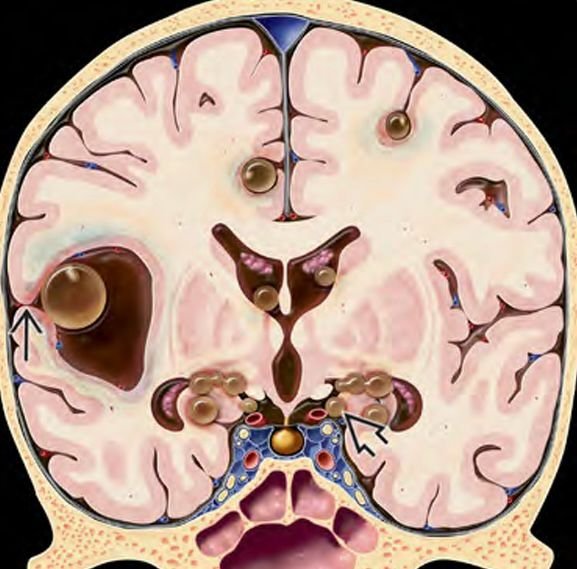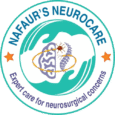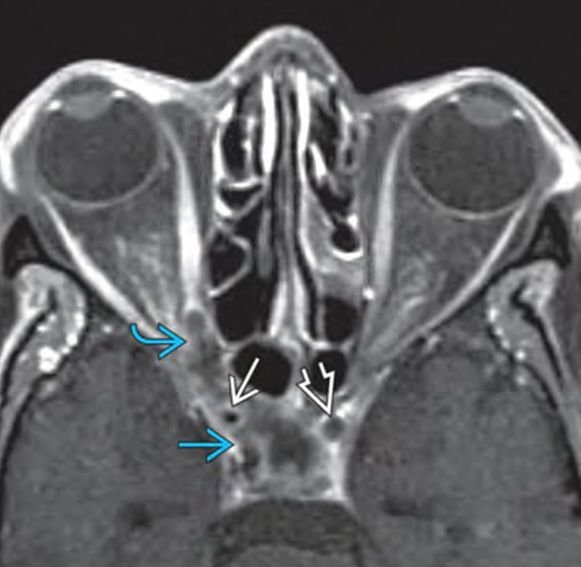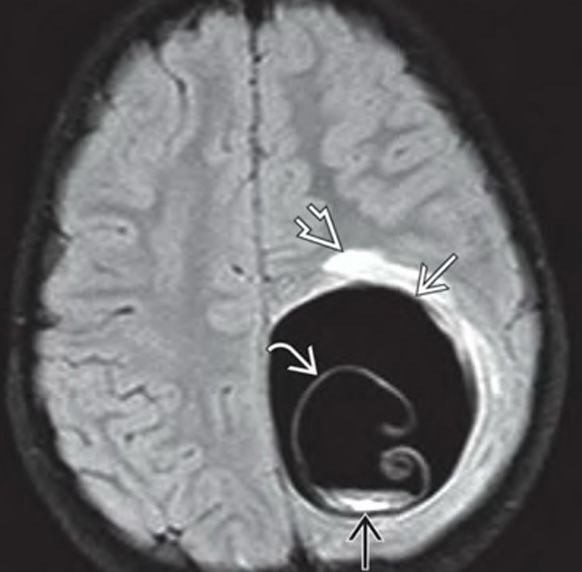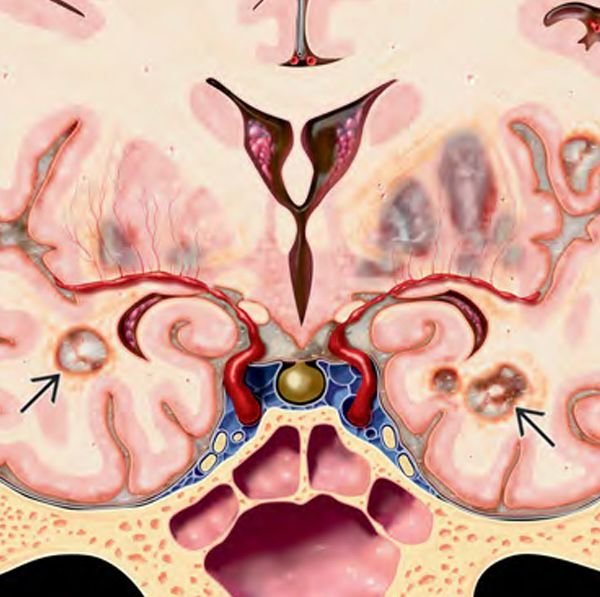Candidiasis
Candidiasis
Pediatric candidiasis is a common fungal infection caused by Candida species, primarily Candida albicans. It affects infants and children worldwide, including Bangladesh, with a spectrum ranging from superficial mucosal infections to invasive systemic disease. In vulnerable pediatric populations, especially premature neonates, immunocompromised children, and those with chronic illnesses, candidiasis can lead to severe complications including central nervous system (CNS) involvement requiring specialized neurosurgical care. Dr. Md. Nafaur Rahman, a leading pediatric neurosurgeon, offers expert diagnosis and comprehensive management for candidiasis-related brain and spine infections, ensuring optimal outcomes for affected children in Bangladesh. Causes and Risk Factors in Bangladesh Context Overgrowth of Candida fungi due to imbalance of normal flora or immune dysfunction. Premature and low birth weight infants in neonatal intensive care units (NICU) with invasive devices. Children with immunodeficiencies such as HIV/AIDS, cancer chemotherapy, or organ transplantation. Prolonged use of broad-spectrum antibiotics and corticosteroids. Malnutrition and poor hygiene common in certain regions of Bangladesh increase susceptibility. Lack of awareness and delayed diagnosis contribute to disease progression. Clinical Presentation in Children Pediatric candidiasis manifests in various forms depending on the site of infection: Oropharyngeal candidiasis (thrush): White patches in the mouth, pain, feeding difficulties. Cutaneous candidiasis: Rash and irritation, especially in diaper areas and skin folds. Invasive candidiasis: Fever, lethargy, and sepsis-like symptoms often without clear infection focus. Candidal meningitis and brain abscesses: Rare but serious CNS involvement presenting with headaches, seizures, altered mental status, and focal neurological signs. Prompt recognition is crucial to prevent morbidity and mortality. Diagnostic Approaches Clinical examination combined with history of risk factors and symptoms. Microbiological culture of blood, cerebrospinal fluid (CSF), and infected tissues confirms diagnosis. Blood biomarkers like beta-D-glucan may support invasive candidiasis diagnosis. Neuroimaging (MRI/CT) identifies CNS abscesses or meningitis in suspected cases. Differential diagnosis includes bacterial infections and other fungal diseases common in Bangladesh. Treatment and Management Early initiation of antifungal therapy such as fluconazole, amphotericin B, or echinocandins depending on severity and drug availability. Removal or replacement of infected indwelling catheters or devices. Supportive care including hydration, nutrition, and control of underlying conditions. Neurosurgical intervention for drainage of brain abscesses or management of complications like hydrocephalus. Long-term follow-up to monitor neurological recovery and prevent recurrence. Challenges in Bangladesh Limited access to advanced fungal diagnostics in many healthcare settings. Misdiagnosis or delayed diagnosis due to symptom overlap with common bacterial infections. Financial constraints impacting availability and adherence to antifungal treatments. Need for improved infection control measures in neonatal and pediatric care units. Raising awareness among healthcare providers and caregivers on early signs and prevention. Prognosis and Follow-up Care With timely antifungal treatment, prognosis is generally good, especially for superficial infections. CNS involvement has higher risk of complications but early neurosurgical and medical care improves outcomes. Follow-up involves monitoring for neurological function, seizure control, and developmental progress. Prevention strategies including hygiene improvement, rational antibiotic use, and immunization are essential. Why Choose Dr. Md. Nafaur Rahman? ✅ Expertise in managing complex pediatric neuroinfections including candidiasis. ✅ Advanced diagnostic and treatment facilities at NINS and Bangladesh Paediatric Neurocare Centre. ✅ Comprehensive approach integrating medical, surgical, and rehabilitative care. ✅ Focus on affordable, culturally appropriate treatment plans for Bangladeshi children. ✅ Committed to improving pediatric infectious disease outcomes through education and research. Contact for Pediatric Candidiasis Care in Bangladesh 📌 Dr. Md. Nafaur Rahman Assistant Professor, Department of Pediatric Neurosurgery, National Institute of Neurosciences & Hospital (NINS) Chief Consultant, Bangladesh Paediatric Neurocare Centre 📞 For Consultation and Emergency Contact: 📱 +8801912988182 | +8801607033535 🌐 Visit: www.neurosurgeonnafaur.com
